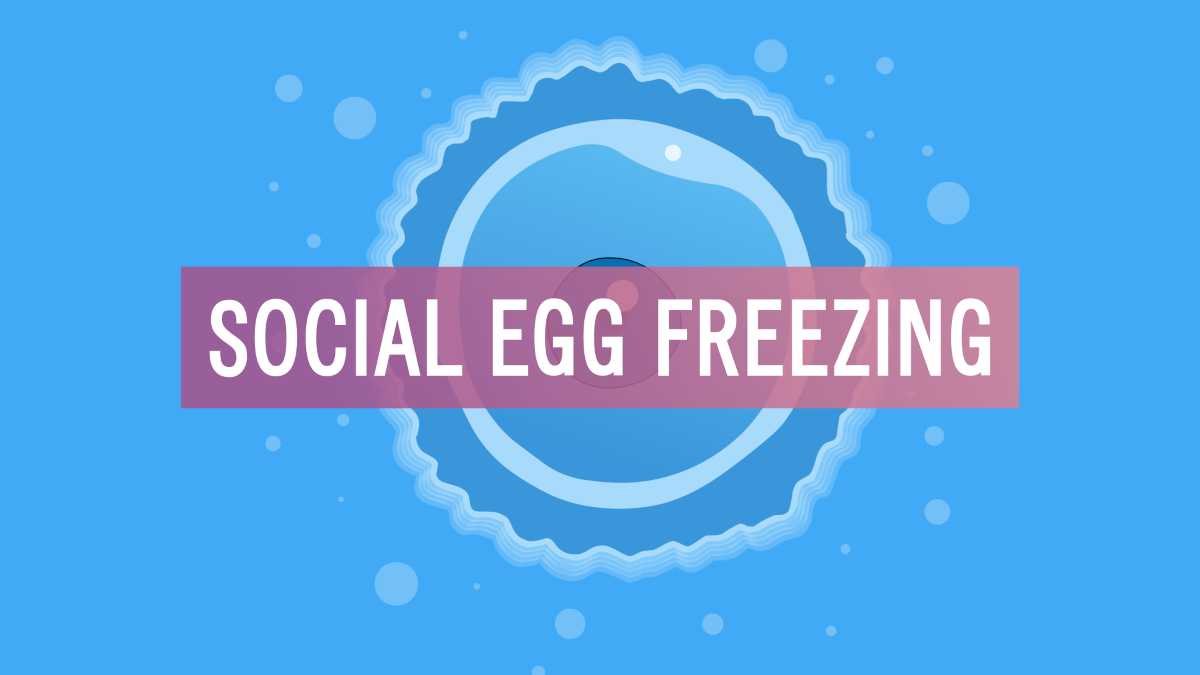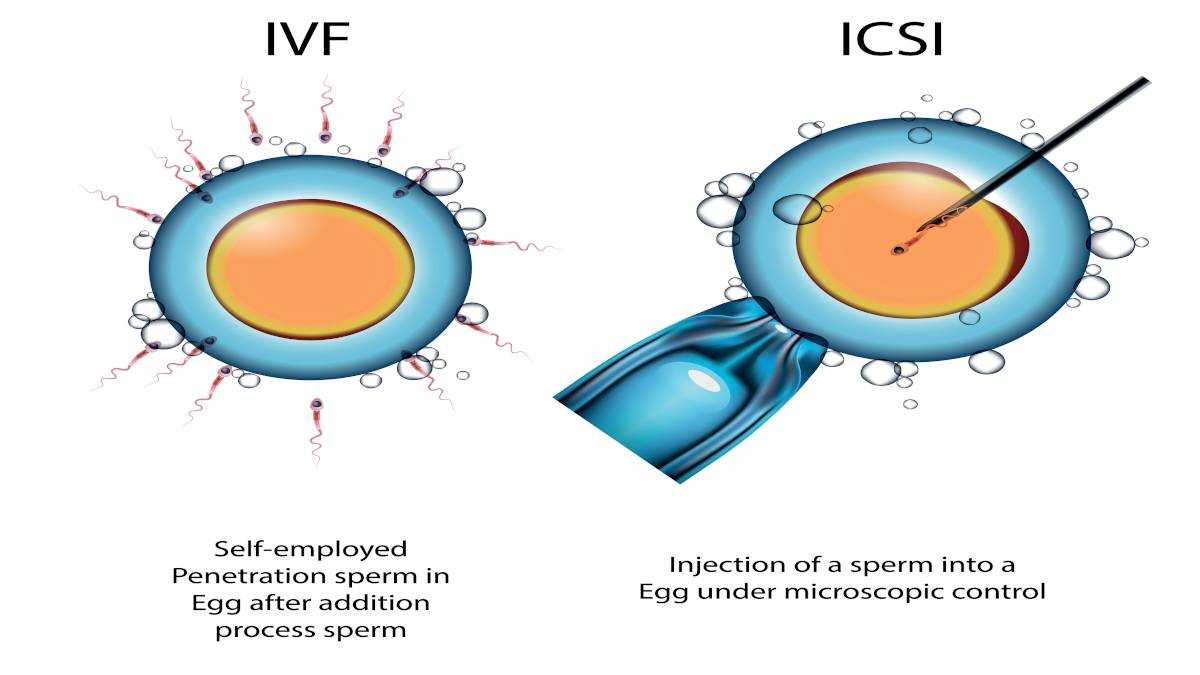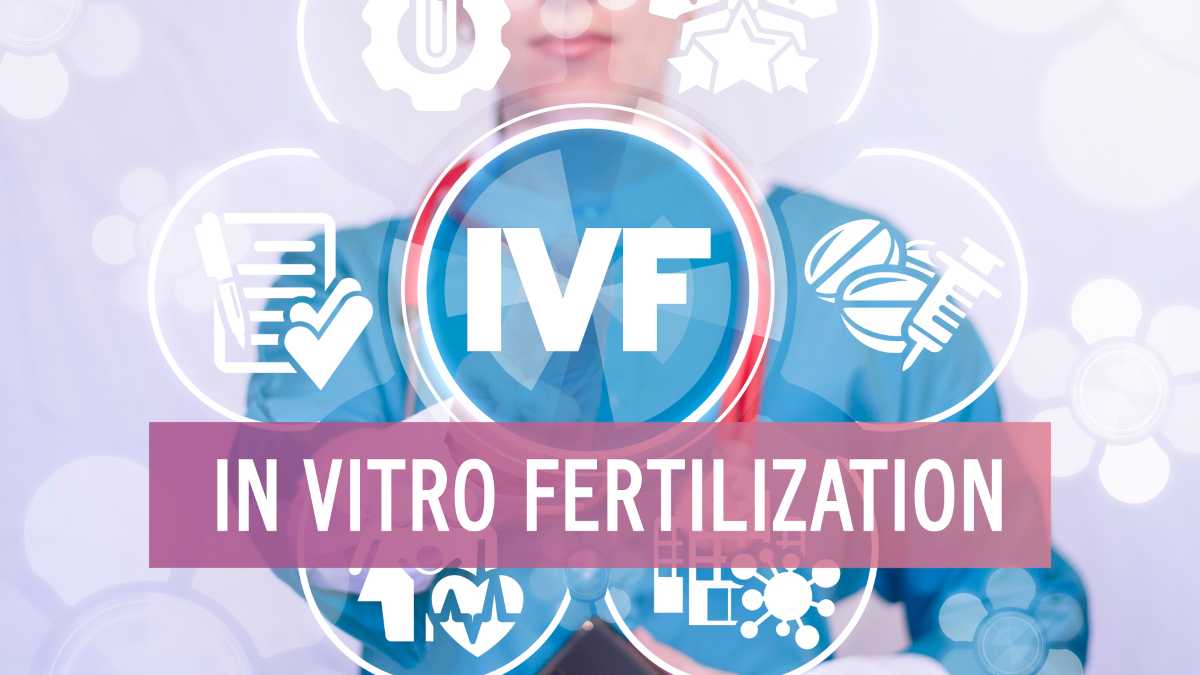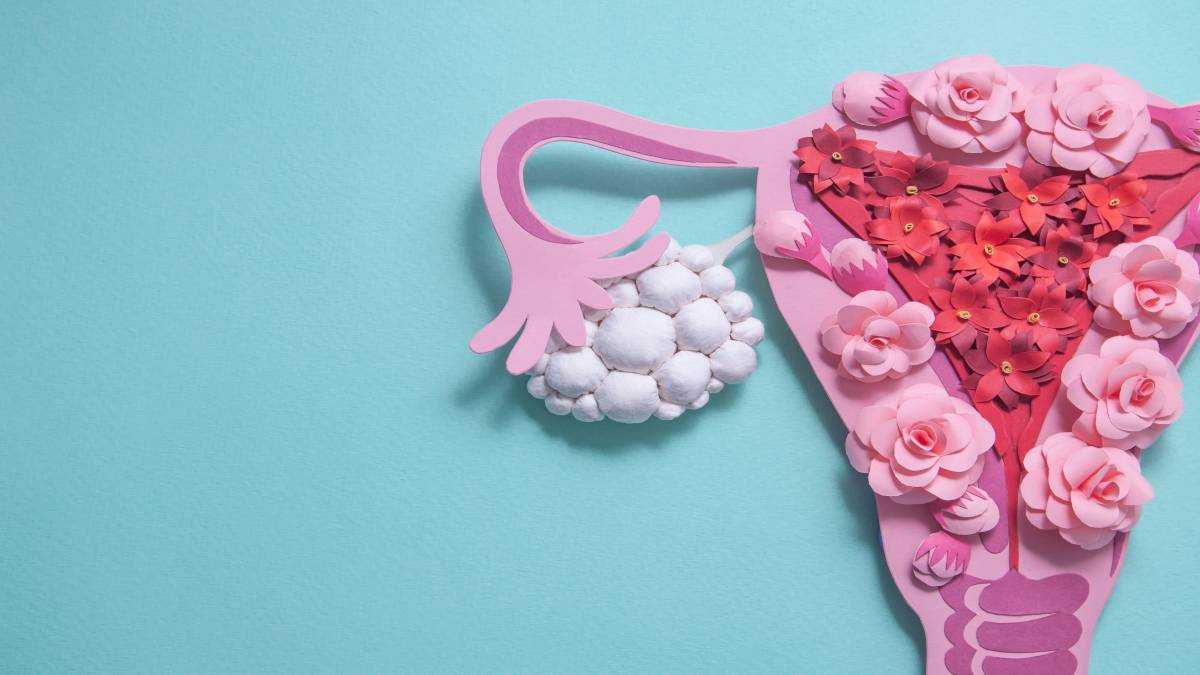Under this procedure, the healthy sperm collected from the donor/partner is inserted into the uterus artificially.
This process increases the chances of getting pregnant. In intrauterine insemination, healthy sperms are filtered, concentrated, and injected into an egg for fertilization. This improves the chances of pregnancy considerably.

What is the process of intrauterine insemination?
The semen containing sperm is collected from the partner/donor or taken from the frozen
sperm. The semen is washed and filtered to separate the healthy sperm from the total
content. It also removes many amino acids present in the sperm, which may sometimes
prove allergic to the female reproductive system.
The highly concentrated healthy sperm is then inserted into the uterus. The instrument that carries the semen passes through the vagina and cervix to reach the uterus. The content is then deposited into the uterus. This process is planned according to the ovulation timeline of the female. Depending on the ovulatory process, ovulation is either induced or at the time of natural ovulation; the insemination procedure is performed. The healthy sperm swims towards the egg to fuse and fertilize. The fertilized egg then follows the natural process and is implanted into the uterus naturally.
So as to determine whether or not the procedure has been successful, tests are performed after two weeks of performing the procedure. If the presence of HCG is noticed in the urine, it will confirm a positive pregnancy. If not, the process is repeated for one more time before opting for other methods. Usually, it takes two to three attempts over 3-6 months to get a positive result.
Who requires intrauterine insemination?
Intrauterine insemination offers a positive result to tackle infertility in individuals affected by the following factors:
● Infertility due to unknown reasons
● Endometriosis
● An inefficient ovulation cycle
● If the male sperm quality is poor
● If the cervical secretion is too thick for the sperm to be able to swim to the uterus
● The cervix is too thick, hindering sperm travel.
● If the female is allergic to proteins present in the sperm
Conclusion:
Consult your doctor about your existing health conditions and figure out the best possible
options to treat infertility in your case. Intrauterine insemination is one effective
conservative method to treat infertility.
Special Thanks to Dr. Shalaka Mamidwar [MBBS, MD(OB-GYN)] for the expert advice.










